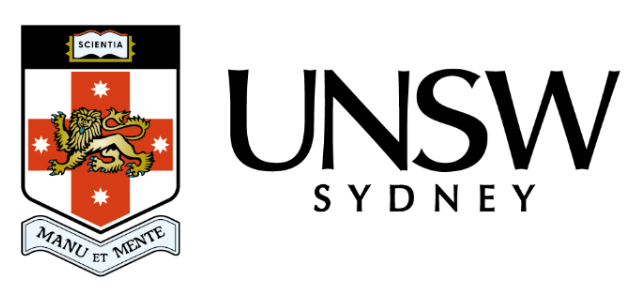
University of New South Wales
The COVID-19 pandemic continues to affect thousands upon thousands of people across the world. In the midst of it are the universities and academic institutions that have rallied to fight this pandemic. The University of New South Wales (UNSW), Sydney, for instance, has made invaluable contributions to address the disruptive impact of COVID-19 on life. UNSW has recently announced the launch of a COVID-19 Rapid Response Research Fund to draw on the wealth of expertise across all nine faculties of the university. The aim is to support the research by UNSW experts that can have a direct and important impact on the pandemic. The University will work with alumni and donors to help support this vital research initiative with grants in the range of $100k–$500k. Below are some of the successful projects under this initiative.
Accelerated development and clinical evaluation of immunotherapies for SARS-CoV-2/COVID-19
Spearheaded by Professor Anthony Keller of the Kirby Institute, this project seeks to establish and support critical PC3 laboratory infrastructure so as to take at least two complementary immunotherapies that can be rapidly scaled up through the development of a suite of vital viral assays for assessing the in vitro efficacy of candidate approaches. It also aims to achieve clinical trial capacity to design, develop and conduct early phase and Phase 2a/b and 3 clinical trials of leading approaches through local and international networks
Molecular point-of-care testing among disadvantaged and vulnerable populations in Australia to contain COVID-19 outbreaks and prevent morbidity and mortality
This project focuses on vulnerable populations, which are at risk of COVID-19-related morbidity and mortality. These populations cannot easily adapt to the implementation of social distancing and self-isolation given the difficult conditions they face on a daily basis. Hence, Professor Rebecca Guy of the Kirby Institute, along with her various collaborators, intend to conduct implementation research to evaluate the clinical and public health impact and the cost-effectiveness of the rapid scale-up of molecular point-of-care (POC) testing for COVID-19 amongst the disadvantaged and vulnerable populations in Australia. With such work, the team hopes to provide valuable information that will benefit future decision making related to pandemics and highlight the use of molecular POC testing technology.
New disinfection systems to overcome PPE shortages and provide long-term protection against infection in hospitals and public settings
The growing shortage of personal protective equipment (PPE) has dampened the efforts amidst the pandemic. To address this issue, Professor Mark Willcox of the School of Optometry and Vision Science and his team of collaborators wish to study new disinfection systems that should help close the gaps in PPE requirements. This project seeks to explore the decontamination, sterilisation and reuse of surgical masks and PPE. It also aims to investigate the sustained disinfection of surfaces in hospitals and public spaces. Ultimately, their results should present a feasible method for boosting PPE supply for healthcare workers and the sustained protection of surfaces in various public settings.
